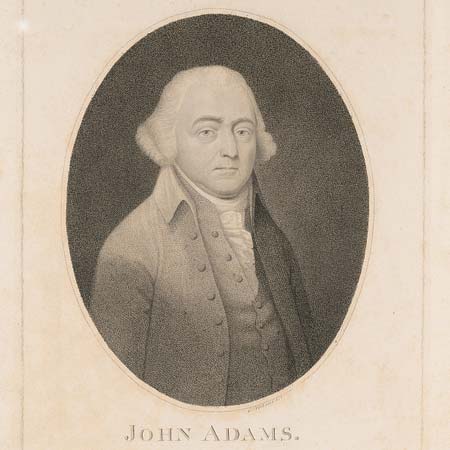Investigate Your Reps 1: AI Prompt Guide to Federal, State, Local Leaders
Discover detailed information about your elected representatives, including their party affiliation, district, educational and employment backgrounds, net worth, terms served, awards, achievements, committee memberships, stance on key issues, voting records, official government URLs, campaign links, and social media profiles. Stay informed and engaged with this essential AI prompt resource.
AI Prompt Series: Investigate Your Reps: Part 1, Part 2, Part 3, Part 4, Rep vs. Rep
Prompt
Topic: Comprehensive information about all current federal (US Senate, US House of Representatives), state (State Senator, State Representative), and local representatives for [my zip code]. The information should be presented in a detailed bullet point list for each representative, including:
1. Age
2. Party Affiliation
3. The district they currently represent
4. Brief Educational Background
5. Brief Employment Background
6. Estimated Current Net worth (in US Dollars)
7. The number of terms they have served
8. The start and end dates for each of their previous terms
9. The start and end dates of the current term
10. Any upcoming elections they will be participating in
11. Any awards or honors they have received
12. Any notable achievements or contributions made by the representative
13. The committees they are part of
14. Their stance on key issues
15. Their voting record on key issues
16. Official Government URL in Member Directory
17. Campaign URL
18. Social Media Information (including all major platforms like Twitter, Facebook, Instagram, TikTok, etc.)
19. Their contact information (if publicly available)
[my zip code] = 33432
Copy This
Topic: Comprehensive information about all current federal (US Senate, US House of Representatives), state (State Senator, State Representative), and local representatives for [my zip code]. The information should be presented in a detailed bullet point list for each representative, including: 1. Age, 2. Party Affiliation, 3. The district they currently represent, 4. Brief Educational Background, 5. Brief Employment Background, 6. Estimated Current Net worth (in US Dollars), 7. The number of terms they have served, 8. The start and end dates for each of their previous terms, 9. The start and end dates of the current term, 10. Any upcoming elections they will be participating in, 11. Any awards or honors they have received, 12. Any notable achievements or contributions made by the representative, 13. The committees they are part of, 14. Their stance on key issues, 15. Their voting record on key issues, 16. Official Government URL in Member Directory, 17. Campaign URL, 18. Social Media Information (including all major platforms like Twitter, Facebook, Instagram, TikTok, etc.), and 19. Their contact information (if publicly available) [my zip code] = 33432
AI Image prompt: please create an image using classic symbolism of a private detective (e.g. magnifying glass) with a USA style red, white and blue color scheme in a 16:9 aspect ratio.
Remember, it’s important to cross-reference information from multiple sources to ensure accuracy. These early stage AI's can generate biased or incomplete responses. Have fun! 😃

- John Adams




